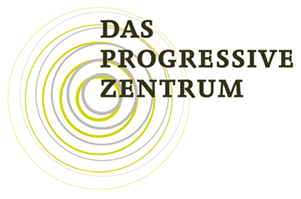
next environment
Publication
THE ROLE OF PROGRESSIVE EUROPEAN PARTIES IN THE IMPLEMENTATION OF THE CLIMATE AGENDA POST COP21
January 10, 2017The position political parties take on climate mitigation policy influences the strength and commitment of regional, national and European climate policy.
In light of the Paris agreement with commitments to limit global temperatures to below 1.5 degrees and ending the use of fossil fuels, looking beyond COP22 the submitted INDCs (Intended Nationally Determined Contributions) will be key in determining how we manage this.
The reviews, forecast to be every five years, will include EU member states, and with the expectation that climate mitigation policy ought to be more ambitious in subsequent rounds, national governments will be pressured to raise their targets, especially in carbon emission reductions.
There are marked differences between political party families on the climate agenda this may be determined by national specific factors but also ideological ones.
Research has illustrated how progressive, European mainstream parties are more likely to propose stronger efforts to reduce carbon emissions, promote renewable energy and implement energy efficiency programmes.
Consequently they hold enormous impact potential in the development of climate policy.
However with deepening electoral challenges more serious choices will have to be made. Therefore do progressive parties have any other choice but to address the transition to a decarbonised society?
related publications
-
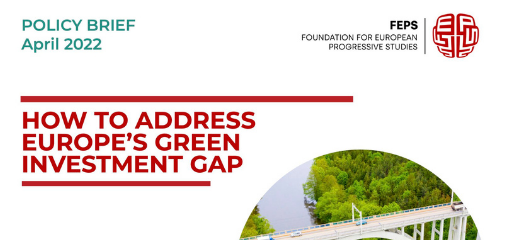
How to address Europe’s green investment gap
read more -
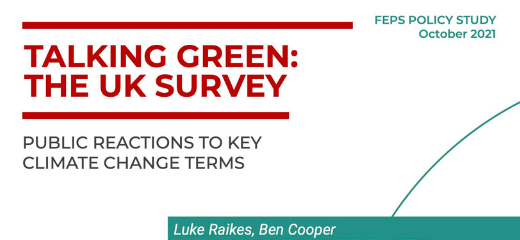
Talking Green UK
read more -
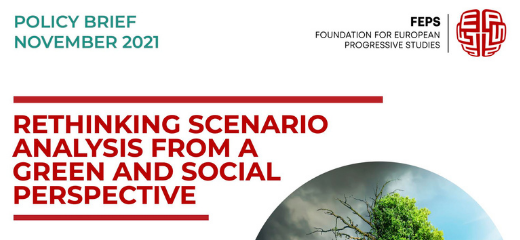
Rethinking Scenario Analysis from a Green and Social Perspective
read more -
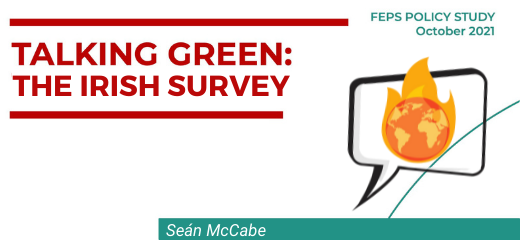
Talking Green: The Irish survey
read more -
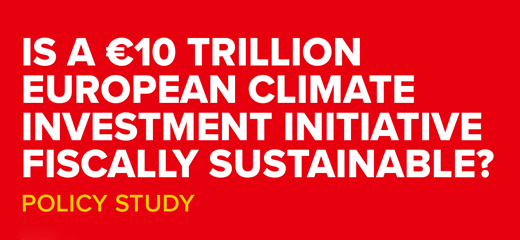
Is a €10 Trillion European Climate Investment Initiative Fiscally Sustainable?
read more -

The People’s Transition: Community-led development for Climate Justice
read more






























